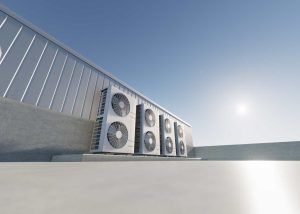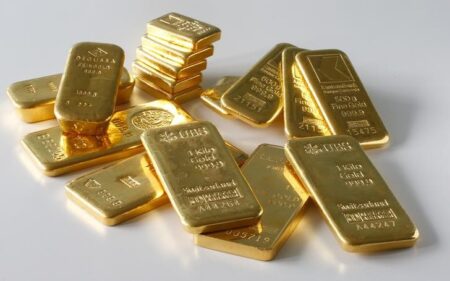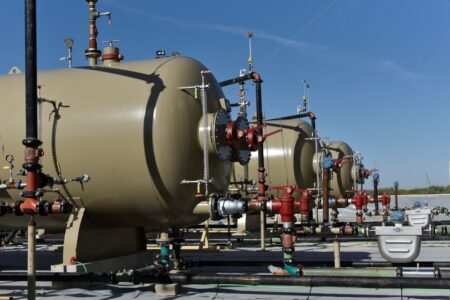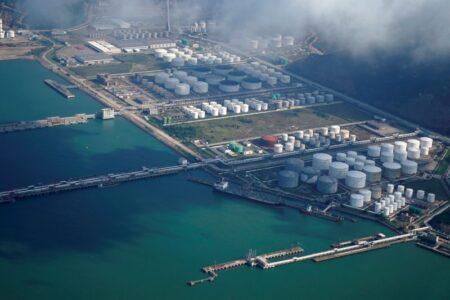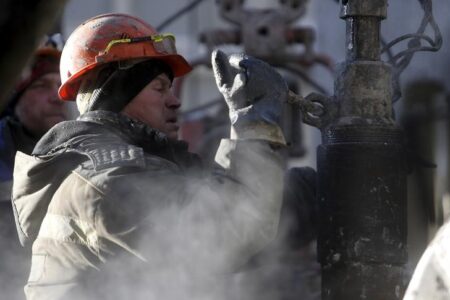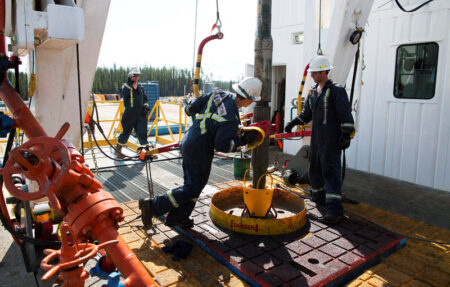By Philip Blenkinsop
BRUSSELS (Reuters) – The European Union is planning anti-subsidy investigations into steelmakers producing to excess in countries such as China as part of an agreement with the United States to end Trump-era tariffs, two EU officials said on Tuesday.
The Financial Times reported on Tuesday that the European Union planned to announce probes against Chinese steelmakers when U.S. President Joe Biden hosts European Commission President Ursula von der Leyen and European Council President Charles Michel on Oct. 20.
EU officials said it was not limited to China.
A joint statement due at the end of the summit is expected to say the European Union will use its trade defence instruments to assess the market situation for steel, but not mention China. This would lead to investigations by the European Commission, an EU diplomat said.
The process would not pre-judge the existence of subsidies or the need for extra duties to offset them. It would also not be country-specific.
“This is far broader than China,” an EU official said.
Washington has asked Brussels to move against Chinese steel producers in particular in return for avoiding the re-imposition of Trump-era tariffs on EU steel and aluminium, with an end-October deadline to reach an agreement.
The aim is to agree measures to counter steel overcapacity and promote “green” steel. Washington has said it wants to prevent “leakage” of Chinese steel and aluminium into the U.S. market.
The European Commission declined to comment on possible investigations, but said it was committed to reaching an agreement that removed the threat of tariffs, drove decarbonisation of steel-making and addressed excess capacity in “non-market economies.” The EU considers China such an economy.
The agreement would be done in compliance with World Trade Organization rules and domestic climate policies.
This means the EU cannot impose tariffs without an investigation into alleged subsidies and remains committed to its carbon border tariff system.
China’s Ministry of Commerce did not immediately respond to a request for comment on the report.
The EU already has punitive tariffs in place on 20 grades of Chinese steel and stainless steel products and has set import quotas as part of measures to safeguard its market until mid-2024.
China’s shipments have steadily fallen since 2015, when they made up 25% of EU steel imports in volume terms, to below 10% since 2018, according to EU steelmakers federation Eurofer.
Eurofer Director General Axel Eggert said traditional trade measures would not solve the problem, adding that 150 million tonnes of new global capacity was planned for the next three years. The extra annual emissions would by 2026 be more than the CO2 emissions of the entire EU steel sector, he said.
He said excess capacity was an issue in China, other Asian countries, the Middle East and North Africa.
New investigations would be among a number the EU is considering, such as for wind turbines, or has already begun.
Brussels formally launched an investigation last week to counter what von der Leyen said was a flood of cheaper Chinese electric vehicle (EV) imports benefiting from state subsidies.
Read the full article here
